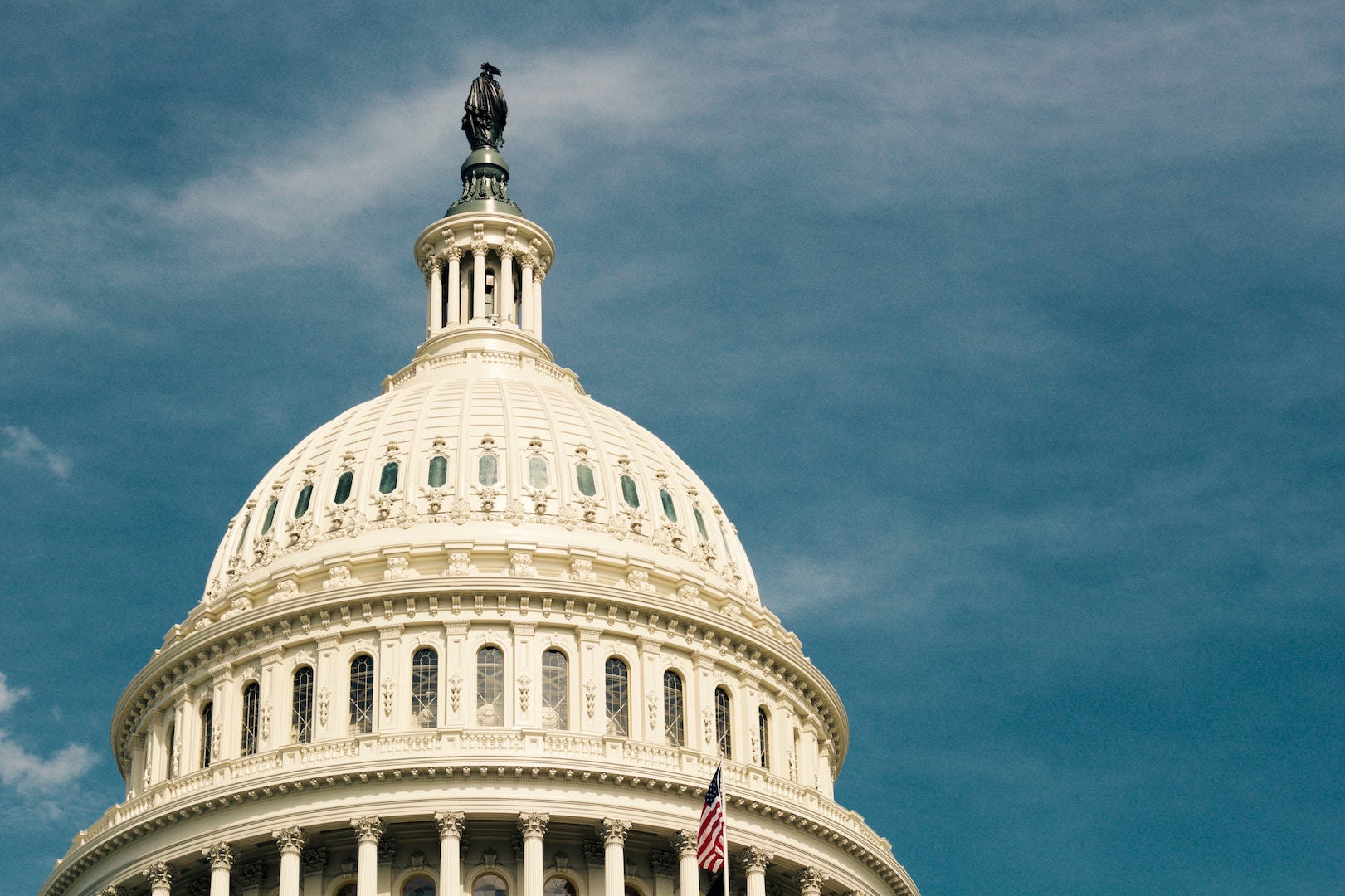The U.S. federal government is currently experiencing one of the longest closures in modern history. The partial shutdown has left thousands of federal employees and contractors in limbo; they are furloughed or forced to work without pay while awaiting a deal to be struck between an inexperienced but petulant president and seasoned Democratic leadership. While President Trump holds the budget process hostage over a demand that was meant to be nothing more than a campaign mnemonic device, thousands of U.S. government workers are unsure when they will receive their next pay check and millions of Americans are vulnerable to the impact of the partial shutdown, including the 38 million people who rely on the SNAP food assistance program.

In the Photo: Banner at the Washington D.C. women’s march. Photo Credit: roya ann miller
Trump continues to use his platform to spread falsehoods about immigration at the southern border in a desperate attempt to scrap together support for his demand of $5.7 billion to fund a wall. Speaker Pelosi and Senator Schumer have consistently rebutted his erroneous claims and reaffirmed that a budget with funding for a border wall does not have the votes to pass.
For some, the results of the 2018 midterm election foreshadowed further gridlock in the Legislative branch, with the Democratic Party regaining control of the House and the Republicans retaining their grip over the Senate. The partisan politics that plagued lawmaking for years could only become more entrenched as the Trump presidency entered an era of divided government.

In the photo: We the People, not “We the Parties”. Photo Credit: Anthony Garand
However, the current political battle to reopen the government illustrates that this moment does not need to be one of hyper-partisan politics but could be a chance for lawmakers to remember they are supposed to serve the American people, not themselves.
The first half of Trump’s presidential term allowed him to act without any true checks on his power from the Republican-controlled Congress. Some Republicans chose to use prose to express outrage towards his actions through their tweets and floor speeches, yet rarely dared to break with the party line when voting. His Cabinet nominees were advanced, his nominees for federal judgeships are being confirmed swiftly, and his two Supreme Court nominees have been appointed to lifetime positions. Trump has experienced little oversight from the Legislative branch when it was controlled by members of his chosen party, except for one notable moment in 2017.

In the Photo: Demonstrator displaying their feelings about Trump’s actions. Photo Credit: Randy Colas
Trump sought to overturn the Affordable Care Act, an action that would have taken away the right to healthcare from tens of thousands of Americans and unravelled one of President Obama’s most impactful legacies. The effort failed in the Republican-controlled Senate when the late Senator John McCain and Senators Lisa Murkowski and Susan Collins voted for what was in their constituents’ best interests rather than what the leader of their party wanted done for a talking point. Their actions in 2017 illustrate that even in a highly polarised political climate, some decisions rise well above party loyalty.
Since Trump’s inauguration, the nation’s highest office has issued statements and delivered remarks supporting white nationalists, vilifying or denigrating entire nations, spreading lies – or ‘alternate facts’ – about the threats to the country’s national security, and implemented policies rooted in cruelty and hatred. Trump’s brazen hostility towards long-standing U.S. allies and his baffling embrace of dictators and authoritarians has eroded the image of the U.S. as a reliable leader and champion for liberal democracy globally. The U.S. has suffered at the hands of a president ill-equipped to govern the nation, whose political power is built on using hate to divide the nation.

In the Photo: Russian Dolls? Trump’s foreign policy goes against decades long US viewpoints
The next two years for Trump’s presidential term represent an inflection point for the U.S., particularly for those in Congress. The new Congressional term – and the current partial shutdown – presents elected officials with an opportunity to seize upon their roles as protectors of American values and end the practice of putting party before country. The moment is ripe for members from both parties to collaborate on doing what is right for Americans, something that can only happen if Republican lawmakers ignore Trump’s plea to “stick together” and show a clear willingness to break with the president in favour for the American people. Republicans in Congress should vote to end the shutdown without funding for a border wall.
A crisis is looming in the U.S. but it is not at the southern border. Congressional Republicans must remember they swore an oath to protect the Constitution, not their party’s access to the levers of political power. Unless Republican lawmakers are willing to abandon Trump’s hate-filled rhetoric and vote down his ill-conceived policies, not only will gridlock on Capitol Hill continue, but the United States and the American people will suffer.









